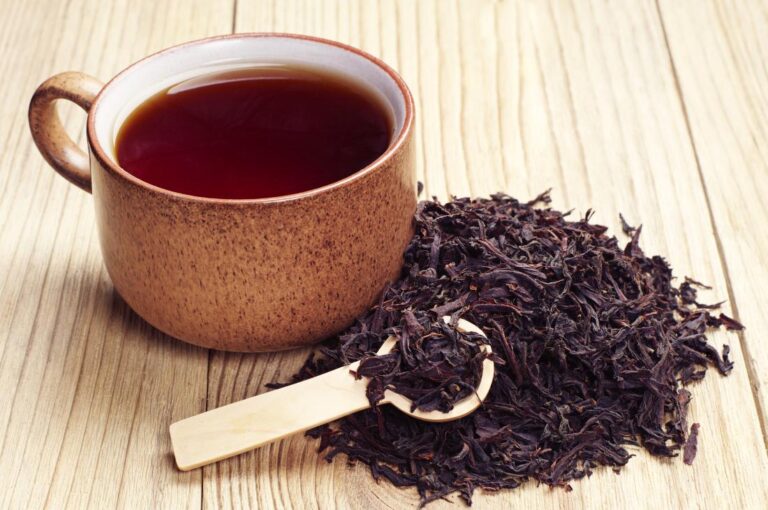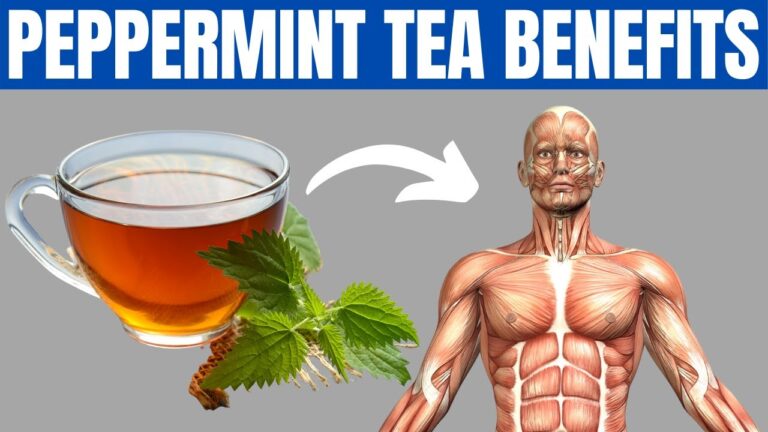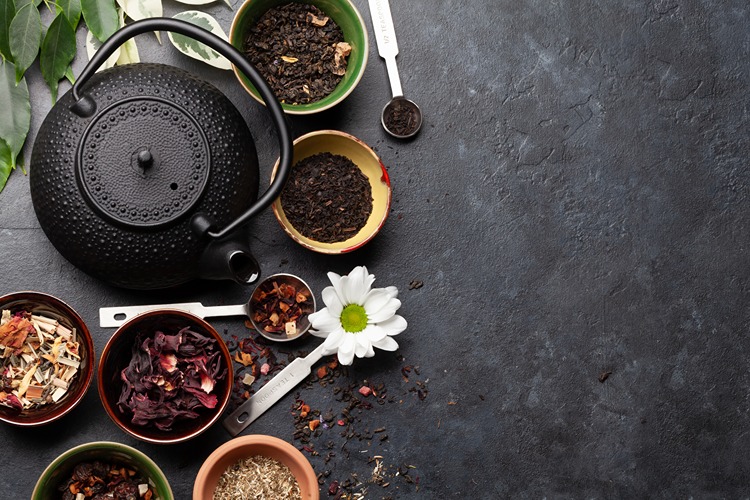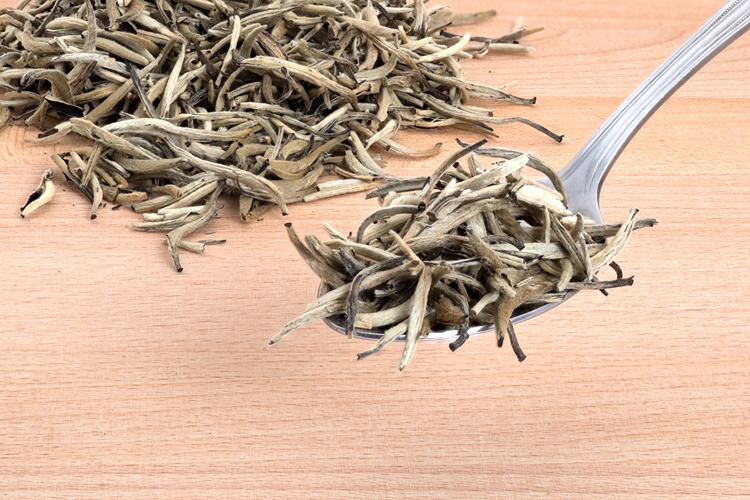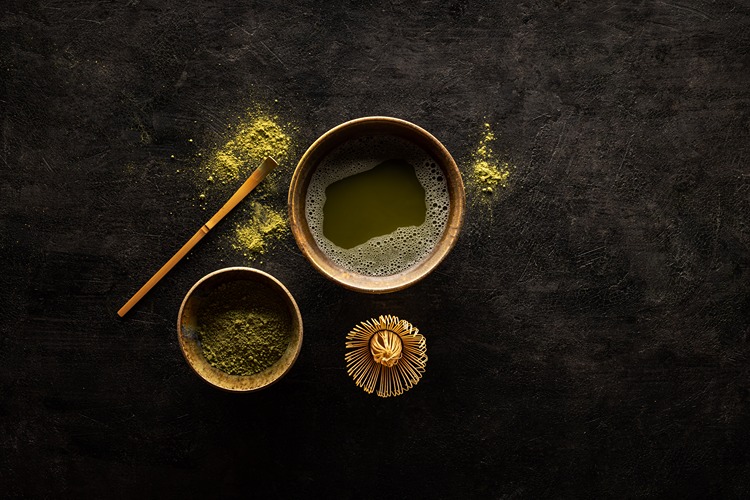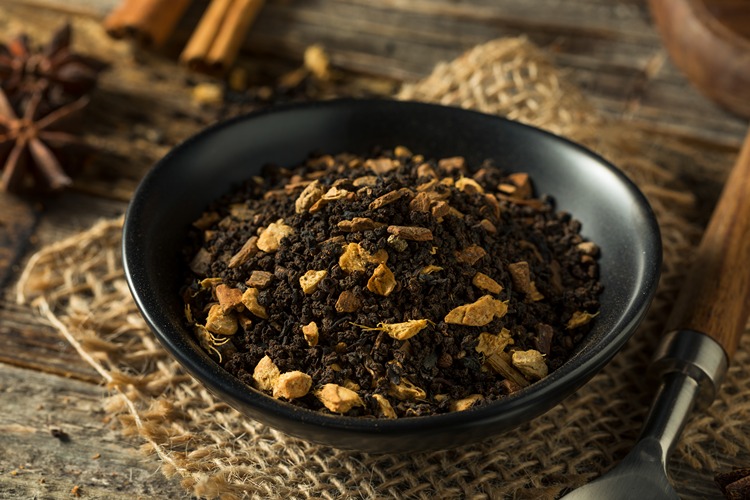China, a country steeped in millennia-old traditions, has long been the world’s front-runner in tea cultivation and its medicinal usage. The ancient Chinese recognized the immense healing potential of various herbs and botanicals, creating concoctions that were as flavorful as they were beneficial. Understanding the historical context of Chinese herbal tea is crucial to appreciating its modern appeal.
A Brief History of Chinese Herbal Tea
Chinese tea culture dates back to the Shang Dynasty (1600 BC to 1046 BC), where tea was primarily used for medicinal purposes. The ancient Chinese were well-aware of the therapeutic qualities of different plants, flowers, and herbs, and they combined this knowledge with their proficiency in the art of tea-making. As the cultural, economic, and scientific landscape of China evolved, so too did the sophistication and diversity of Chinese herbal tea blends.
Understanding Chinese Herbal Tea Blends
Chinese herbal teas, also known as tisanes, are not, strictly speaking, teas in the traditional sense. They do not come from the Camellia sinensis plant—the plant from which all traditional tea leaves are harvested. Instead, these tisanes are a variety of infusions made from meticulously curated plants, herbs, flowers, seeds, and roots, each with its unique bouquet of health benefits.
The Diverse Array of Chinese Herbal Tea Blends
Jasmine Tea
Jasmine tea, a fragrant blend exuding an intoxicating floral aroma, is one of the most renowned Chinese herbal teas. The process of creating jasmine tea involves infusing tea leaves with the essence of jasmine blossoms, resulting in a delightful, soothing tea that’s believed to help reduce stress and enhance mental clarity.
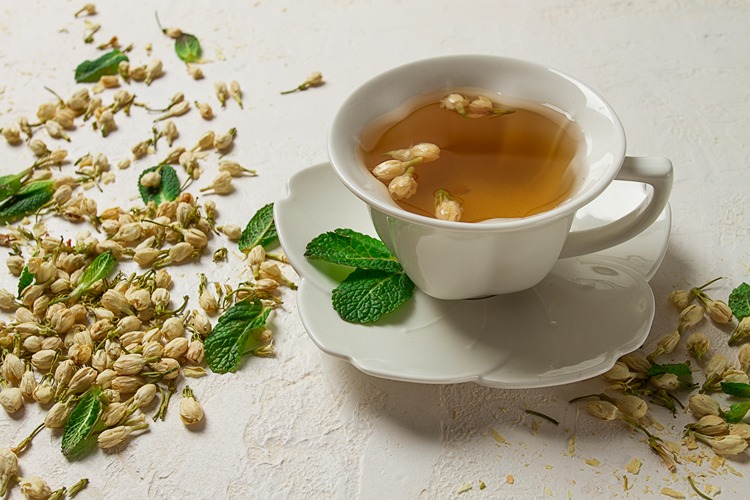
Chrysanthemum Tea
Chrysanthemum tea is a beloved herbal blend known for its light, floral, and slightly sweet taste. Its appeal extends beyond its palatable qualities, as it’s widely consumed for its potential benefits for eye health and immune system support.
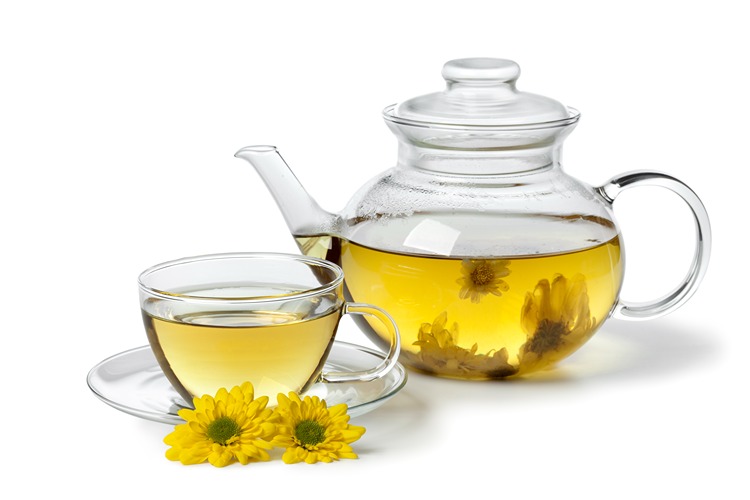
Goji Berry Tea
Tea blends incorporating goji berries, or wolfberries, produce a delightfully fruity and invigorating brew. Goji berry tea is valued for its purported abilities to promote good vision and overall well-being, thanks to its abundance of beneficial compounds.
Peppermint Tea
With its refreshing, cooling taste, peppermint tea is a popular choice among tea enthusiasts. It’s also widely respected for its potential digestive benefits, including the alleviation of stomach discomfort and promotion of healthy digestion.
Delving into the Healing Power of Chinese Herbal Tea Blends
In the realm of traditional Chinese medicine, herbal teas have long been recognized for their healing properties.
- Boosting the Immune System: Chinese herbal teas are often rich in antioxidants, vitamins, and minerals, helping bolster the body’s natural defenses.
- Enhancing Digestion: Teas such as those containing peppermint, ginger, or fennel are known for aiding digestion and soothing gastrointestinal issues.
- Reducing Inflammation: Herbal teas like green tea, turmeric, and chamomile have shown potential for their anti-inflammatory properties.
- Promoting Sleep and Relaxation: Herbal teas containing lavender, chamomile, or valerian root can help induce relaxation and promote quality sleep.
- Improving Cardiovascular Health: Certain Chinese herbal teas, such as hawthorn and ginkgo biloba, have been traditionally used to support heart health and circulatory system function.
- Supporting Mental Health: Some herbal teas, such as St. John’s Wort or lemon balm tea, are consumed for their potential positive effects on mood and mental well-being.
Brewing Chinese Herbal Tea: A Journey of Flavors
Brewing Chinese herbal tea can be a therapeutic process in and of itself. To help you embark on this delightful journey, here’s a step-by-step guide to brewing the perfect cup of herbal tea.
Materials Required
- A tea kettle or pot
- Your choice of high-quality, organic Chinese herbal tea blend
- Fresh, purified water
- A teacup or mug
- A tea strainer (if using loose-leaf tea)
Brewing Your Perfect Cup
- Fill your kettle with fresh, purified water and bring it to a boil.
- If using loose-leaf tea, place the recommended amount of tea into the strainer.
- Place the strainer or the teabag into your cup.
- Pour the boiling water into the cup, ensuring the tea is completely submerged.
- Allow the tea to steep for the recommended time. This will vary depending on the type of herbal tea blend you are using.
- Once the tea has steeped, remove the strainer or teabag. Your herbal tea is now ready to be enjoyed!
The Harmony of Chinese Herbal Tea with Modern Lifestyle
In our fast-paced world, Chinese herbal teas can be a delightful means of grounding ourselves. The ritual of preparing and consuming these healing brews can serve as a moment of mindfulness in our busy days, while their diverse health benefits can help support our physical well-being.
Frequently Asked Questions About Chinese Herbal Tea
Q: Can Chinese herbal tea be consumed every day?
A: Generally, most Chinese herbal teas can be safely consumed on a daily basis. However, it’s recommended to consult a healthcare professional before introducing any new herbal teas into your diet, especially if you have specific health conditions or are pregnant.
Q: Can Chinese herbal teas interact with medications?
A: Some herbs and botanicals used in these tea blends can interact with certain medications. Therefore, it’s always crucial to discuss any new herbal tea habits with your healthcare provider, especially if you are on medication.
Q: Are there any side effects of Chinese herbal tea?
A: While Chinese herbal teas are generally safe for consumption, excessive intake of certain blends may lead to side effects. Always consume herbal teas in moderation and follow any brewing instructions.
Q: Where can I buy authentic Chinese herbal tea blends?
A: Authentic Chinese herbal tea blends can be purchased from reputable tea shops, health food stores, and online retailers that specialize in organic teas.
Bottom Line
Chinese herbal tea blends offer a unique combination of delicious flavors and potential health benefits, making them an excellent addition to any wellness routine. From boosting the immune system to promoting relaxation, these ancient brews embody the timeless wisdom of Chinese herbal medicine.
Additional Resources
For further reading, you might find the following resources helpful:
- Traditional Medicinals: An excellent source of information on traditional herbal medicines, including detailed profiles on different herbs used in teas.
- National Center for Biotechnology Information: Here, you’ll find a comprehensive research study on the health benefits of herbal teas.
- T Ching: A blog dedicated to all things tea, with numerous articles exploring different types of herbal teas and their potential health benefits.

